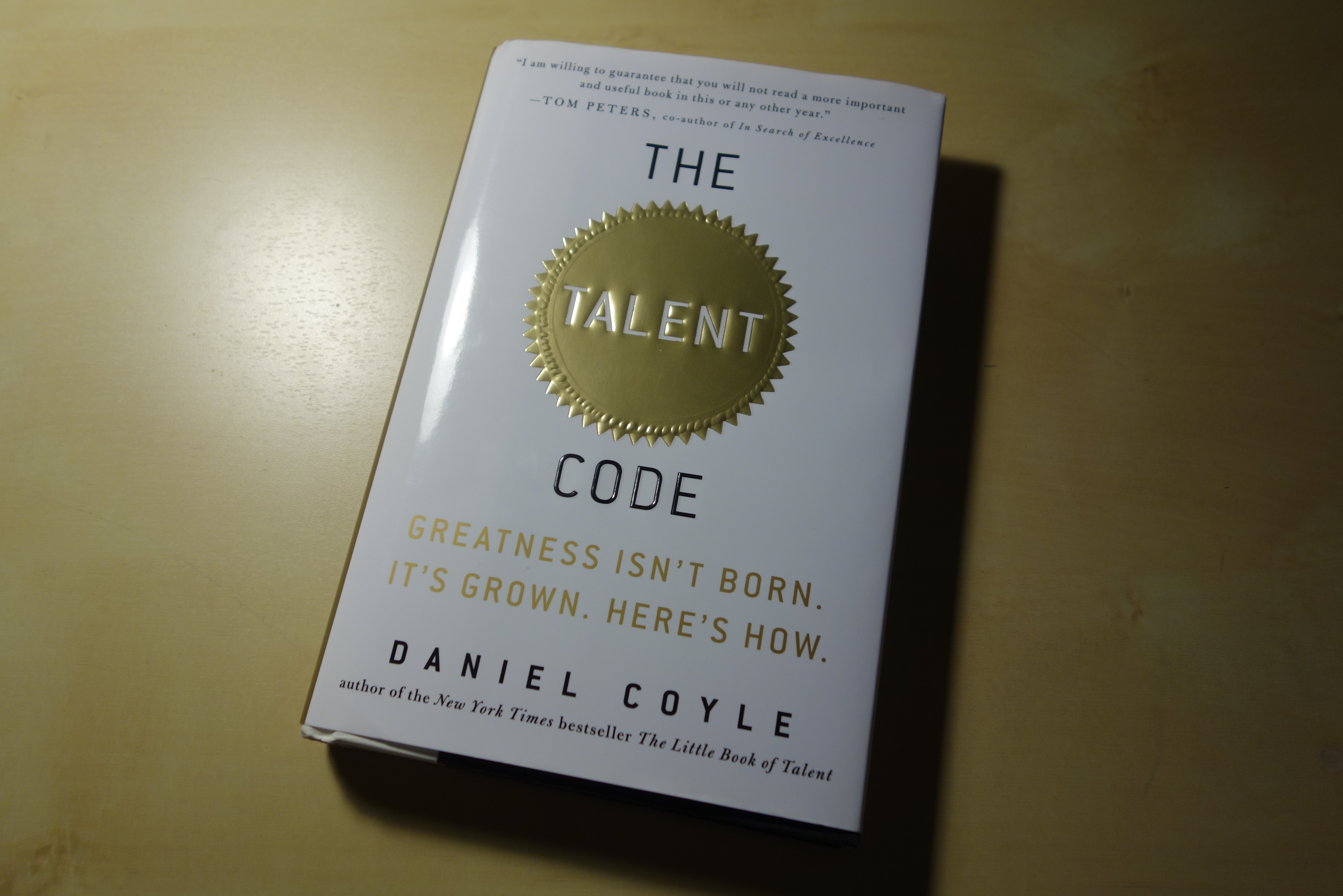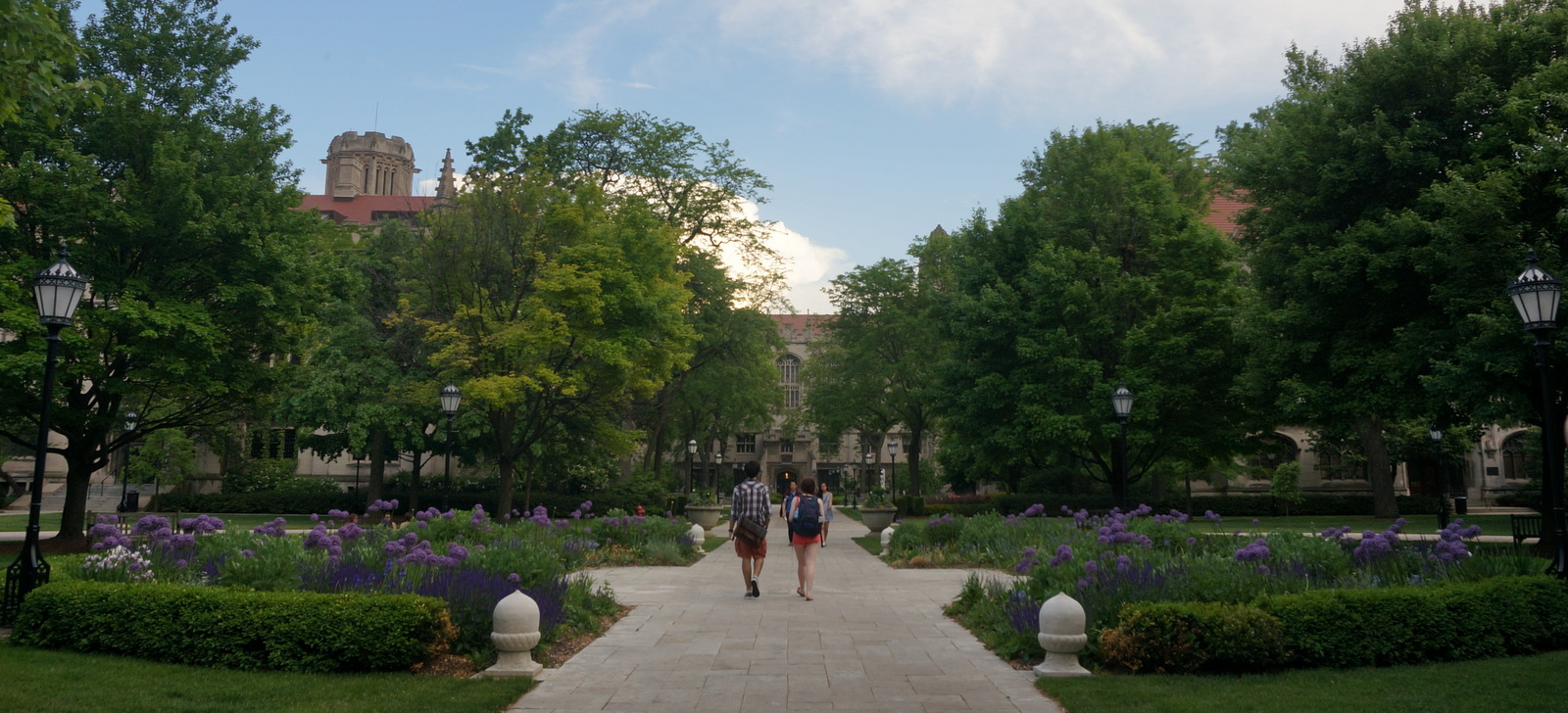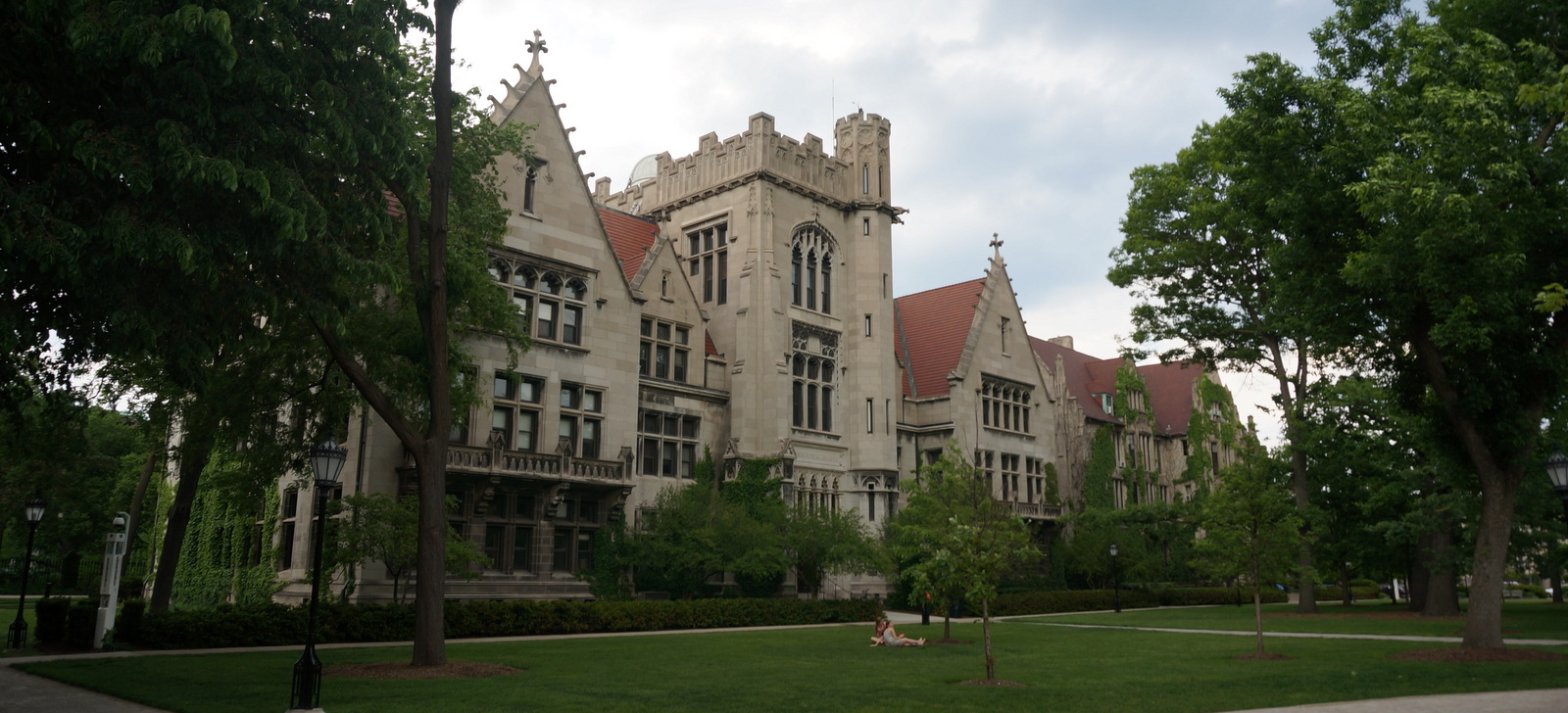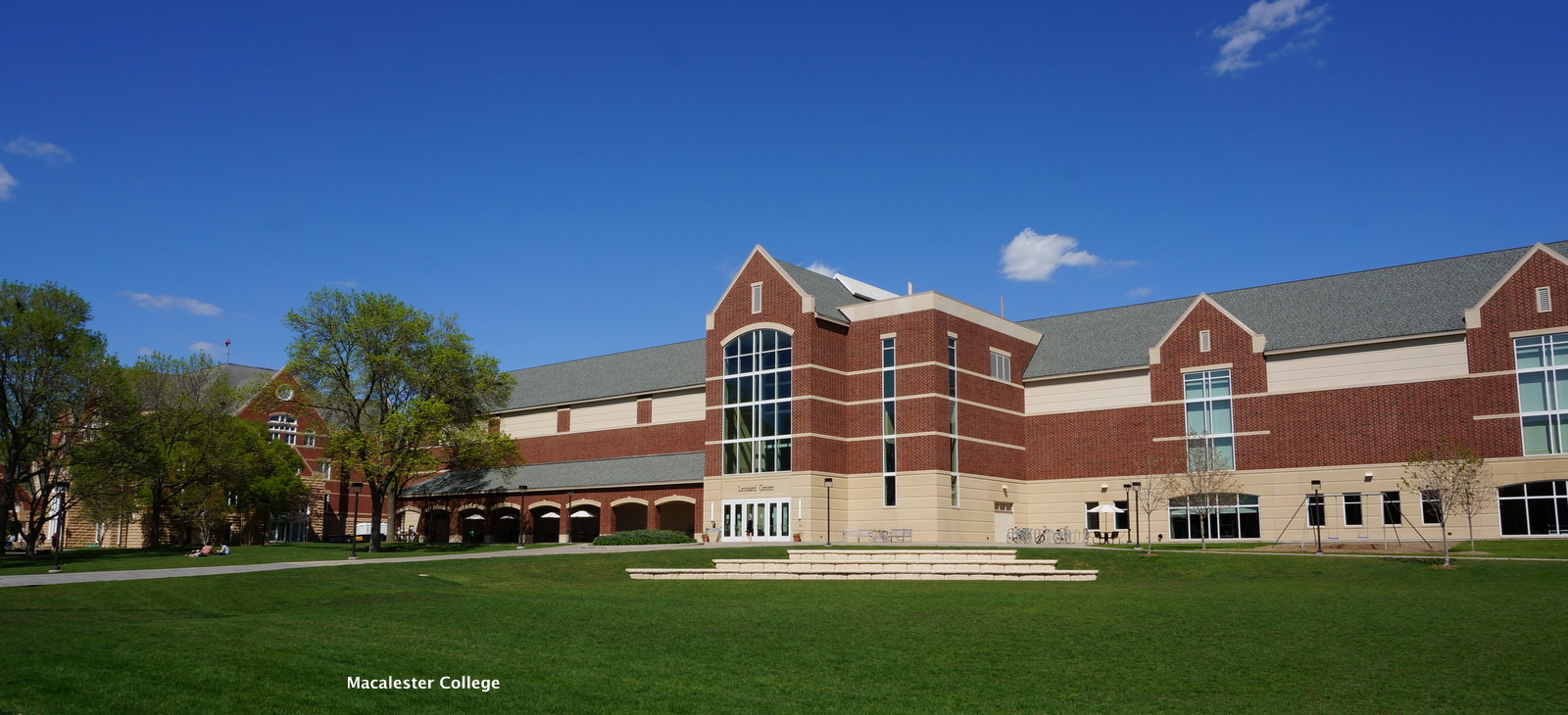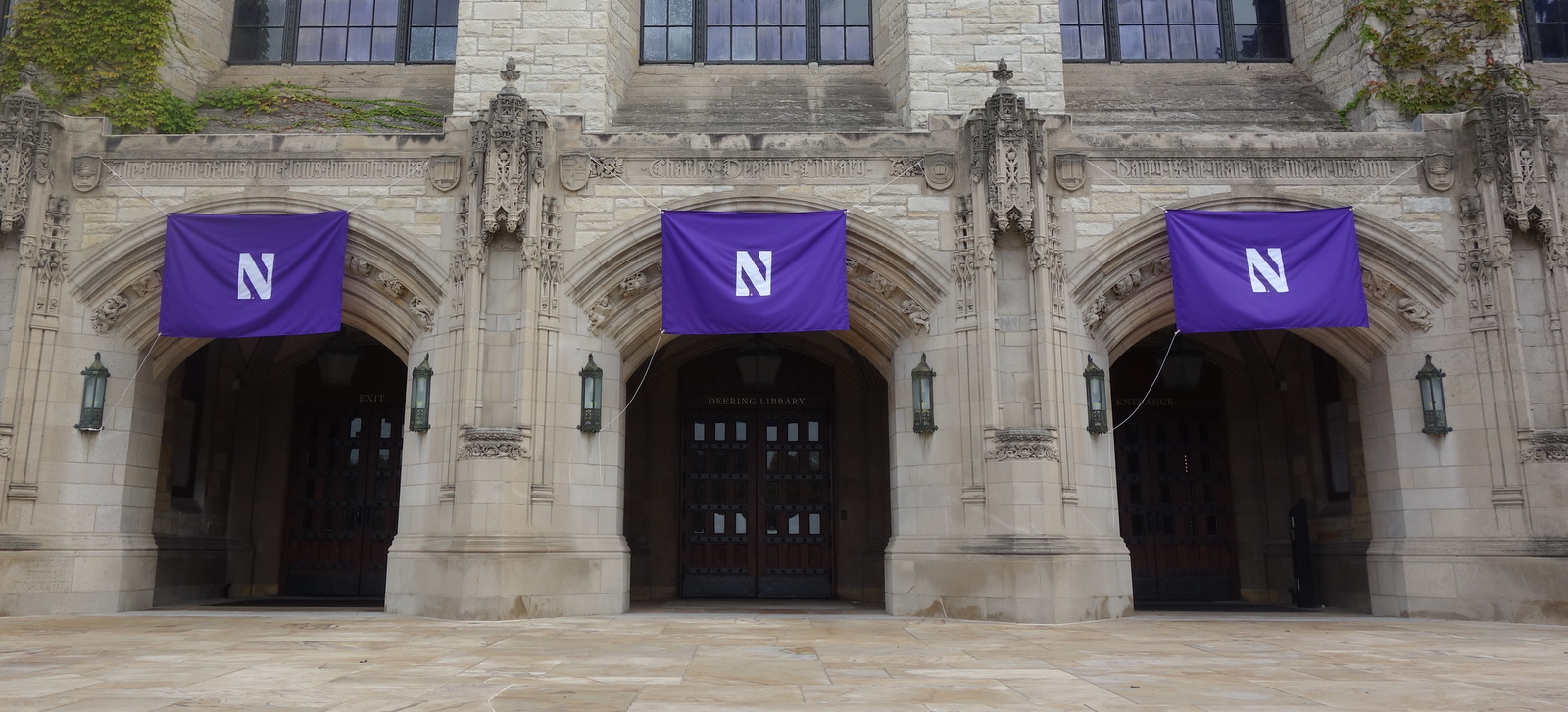During several evenings last fall, I spent about an hour each night (well, almost) before going to sleep playing the piano. But if anyone were to listen in and catch my choppy, halting progression on “On Top of Old Smoky” or “Goodbye, Old Paint,” she would immediately recognize my lack of talent. Unless, of course, she’d just read Daniel Coyle’s The Talent Code.
I like books like Coyle’s The Talent Code and Malcolm Gladwell’s Outliers (which I wrote on relatively recently) in part because they model good writing. They tell stories, stories that pull in the reader, and make the author’s argument tangible and personal. But much more importantly, The Talent Code, like Outliers, is immeasurably empowering. Empowering enough to send me eagerly to my basement after I put my kids to sleep to practice the piano.
In Outliers, Gladwell creates an equation for success–success = talent + hard work + opportunity–but his overriding message is that talent is overrated. Hard work and opportunity are truly the defining traits of successful people. Coyle’s work creates the perfect counterpart for Outliers; The Talent Code zeroes in on a particular definition of talent itself, incorporating a layman’s introduction to recent findings in neuroscience.
Myelin is the headliner in Coyle’s brief intro to neuroscience, which I’ll make even briefer here. The brain’s firing of neurons is what enables us to do, well, anything. This “firing”–the transmission of a signal–is much faster and stronger when its path is insulated. Myelin is this insulation, and it grows when we practice, especially when we engage in what Coyle calls “deep practice.” When these signals are faster and stronger, whatever action they support is likewise improved. In short, Coyle argues that heavy myelin insulation for one or another particular signal is the literal definition of talent.
Let’s look back to that equation I derived from Outliers–success = talent + hard work + opportunity. Now if we modify the equation with Coyle’s understanding of talent, our new equation is this: success = hard work + hard work + opportunity. And since opportunity can be created by hard work, our ultimate equation could really be simplified to this: success = hard work (or hard work times three, if you prefer).
Now that might seem overly simple. Really, it is. But Coyle’s presentation of hard work illustrates the nuance of what some might call “perfect practice.” The type of hard work that most effectively grows myelin to wrap neural circuits, thereby creating talent, is hard work that is at the edge of one’s ability.
If I’m skiing, I’m not really working hard if I’m not falling down on occasion. If I’m playing the trumpet, I’m not really working hard if I play the piece flawlessly. If I’m playing basketball, I’m not really working hard if I make moves and take shots with which I’m already comfortable.
Practicing on the edge of my ability, though, is where I make rapid improvements in short amounts of time. The beauty of this is that I, and anyone, can apply this recognition to any part of my life and know that, through struggle, I can gain skill in ANYTHING. I didn’t mean to yell at you there, but literally, anyone who wants to improve at anything, quite simply, can.
In the realm of college admissions, this philosophy can be applied almost everywhere. Test prep with a focus on the problems that are just a touch too hard right now. Cold calling local non-profits or businesses to explore the possibilities of an internship or alliance with a school organization. Reading ever more challenging material. Regularly writing about advanced topics. Applying for numerous competitions or awards in any field, even–maybe especially–if it seems unlikely that you will win. All of these efforts will build–incredibly efficiently–the types of skills needed to succeed in college admissions, and much more importantly, college itself and life thereafter.
The current trend in the most competitive college admissions is to be interesting, to stand out from other high school superstars through some extraordinary accomplishment, to be a pseudo-expert in one particular topic as a high school student. Coyle’s message is this: pick an area that you love–any area–and put in as many focused hours of practice on the edge of your ability as possible. With enough time and effort, you will become that pseudo-expert. Be empowered.
